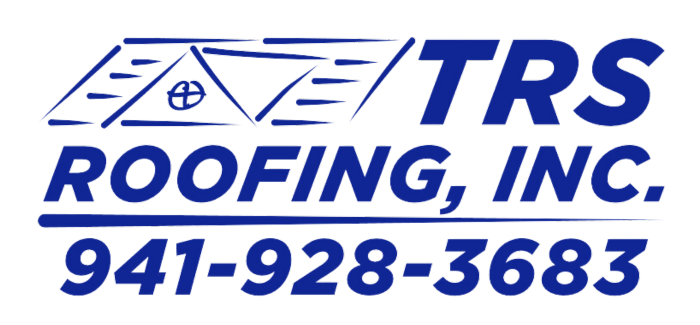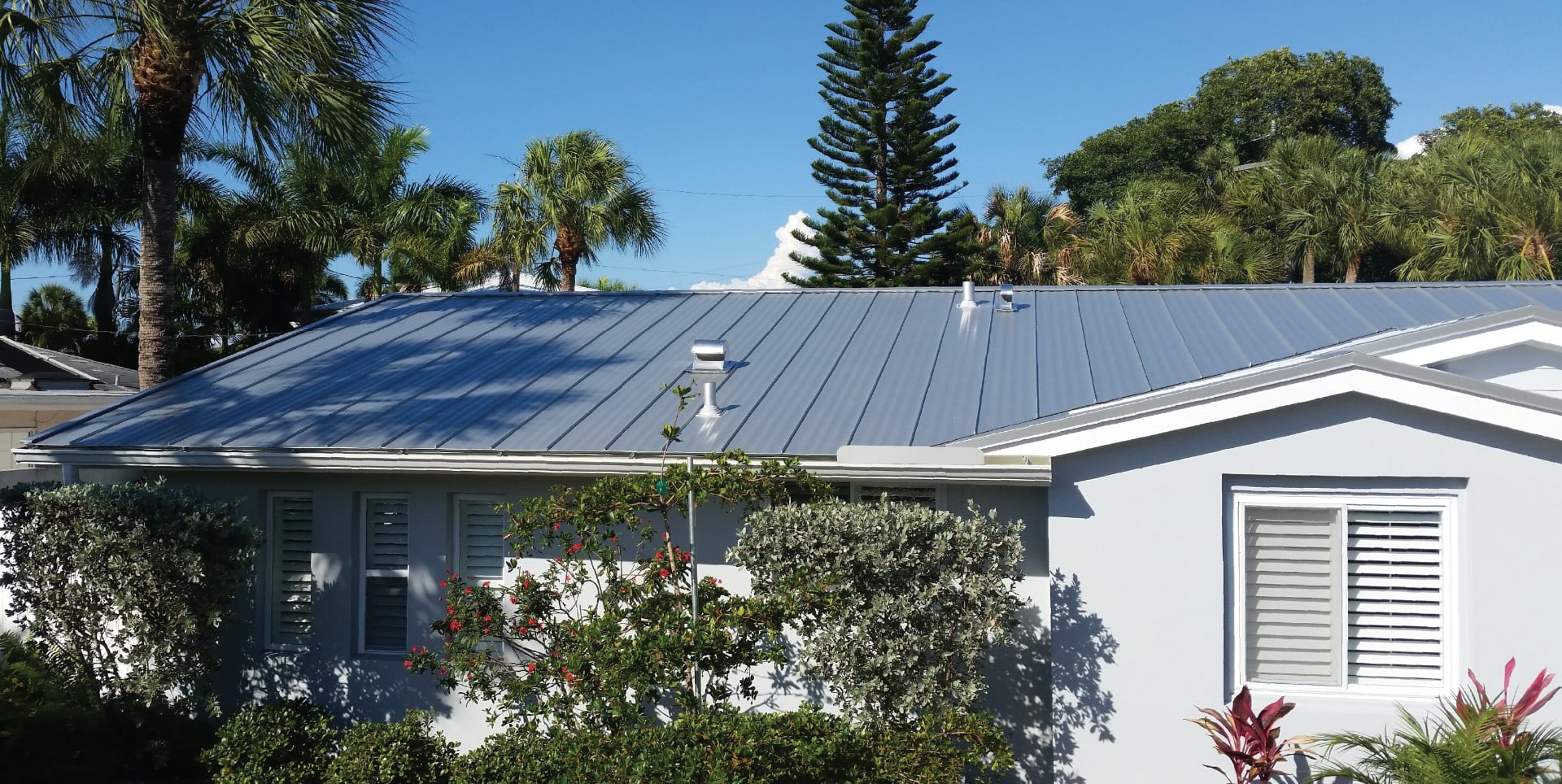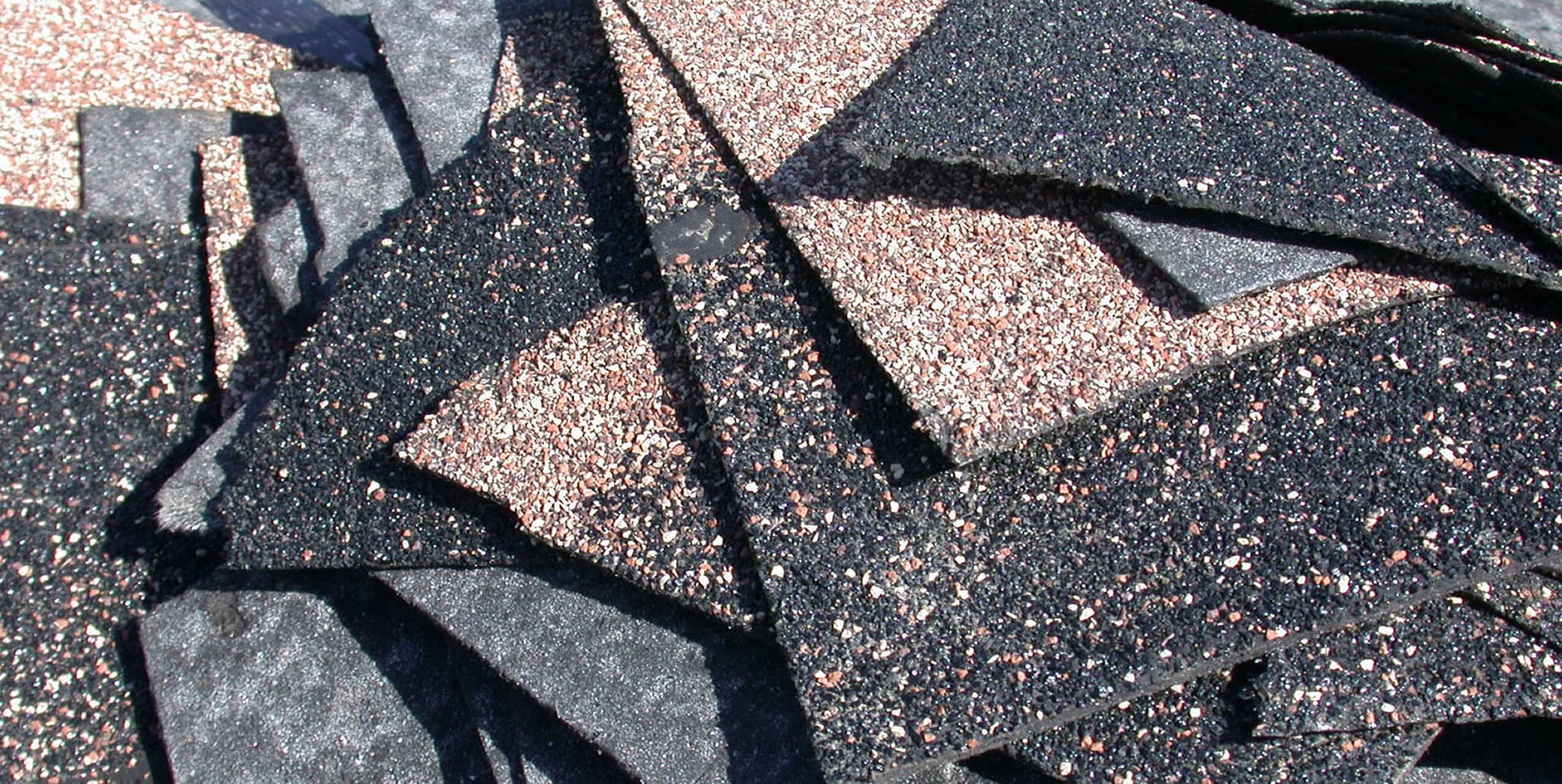How to Identify a Roofing Scam and Not Get Ripped Off by Fraudulent Roofing Companies

Roofing scams can cost homeowners thousands of dollars, leaving them with poorly completed work or, worse, no work done at all. Understanding the red flags and taking the proper precautions can protect your investment and ensure your home remains safe and sound. Here are some common roofing scam tactics and tips to avoid becoming a victim.
Roofers Who Are Storm Chasers
Storm chasers are roofing contractors who follow severe weather events to prey on vulnerable homeowners. After a storm, they appear in affected areas, often going door-to-door offering immediate repairs. These roofers are notorious for using high-pressure sales tactics and promising quick, inexpensive fixes.
How to spot a storm chaser:
- They arrive uninvited after a storm, and are not a local company.
- They offer too-good-to-be-true pricing or free inspections.
- They request full payment upfront, often in cash, or at least a very large down payment.
How to protect yourself:
- Always verify the contractor’s local presence. Check for a permanent business address and contact information.
- Avoid making hasty decisions under pressure.
- Check reviews and references from trusted sources in your community.
Roofers Who Lack Proper Credentials
Legitimate roofing contractors will have proper licensing, insurance, and certifications to perform their work. Scammers often operate without these essentials, putting homeowners at risk of shoddy craftsmanship or liability for accidents.
Warning signs of unlicensed contractors:
- They cannot provide proof of licensing or insurance.
- They refuse to sign a detailed contract.
- They have a history of unresolved complaints with the Better Business Bureau or online review platforms, and oftentimes have no other online presence.
How to protect yourself:
- Request copies of the contractor’s license and insurance certificates.
- Verify credentials through state or local licensing boards.
- Avoid working with contractors who are unwilling to provide documentation.
Roofers Who Are Trying to Commit Insurance Fraud
Some roofing insurance fraud can be hard for the homeowner to spot from the beginning. A good example is a roofer who does good work at a fair price, yet gives you, the homeowner, a much lower invoice than the one he submits to the insurance company.
But not all roofers trying to commit insurance fraud are hard to spot. Here are a few red flags to look out for:
- Offering to waive your deductible or asking you to sign over an insurance check.
- Inflating repair costs on the insurance estimate.
- Pressuring you to file a claim for damages you cannot verify.
- Asks you to sign an Assignment of Benefits (AoB) before beginning work.
How to protect yourself:
- Work only with reputable contractors who provide honest, transparent assessments.
- Document all damages with photos before involving an insurance company.
- Never sign a blank or incomplete insurance claim form.
Questions to ask a Florida Roofer Prior to Hiring
When hiring a roofer in Florida, it’s essential to ask the right questions to ensure they are trustworthy and qualified. Here are some key questions:
- Are you licensed and insured in Florida? Verify the roofer holds a valid Florida license and sufficient liability and workers’ compensation insurance.
- Can you provide references or examples of past work? Reputable contractors should be able to provide references and a portfolio of their completed projects.
- What is the warranty on your work? Ensure the roofer provides a written warranty that covers both materials and labor.
- Do you have a physical office in Florida? A permanent address demonstrates legitimacy and a commitment to the local community.
- What is the timeline for completing the project? Get a clear understanding of the project’s schedule, including start and completion dates.
- Will you provide a written estimate and contract? Avoid any contractor who refuses to provide a detailed, written agreement outlining costs and responsibilities.
- Do you use subcontractors? If so, what is their history and experience level? While many contractors will subcontract, it is important to know who exactly will be doing the work.
Identifying roofing scams requires vigilance and informed decision-making. Always research contractors thoroughly, verify credentials, and trust your instincts when something doesn’t feel right. By taking these steps, you can safeguard your home and finances while ensuring quality roofing work. If you are in need of a roof repair or a quote, do not hesitate to contact us today!




